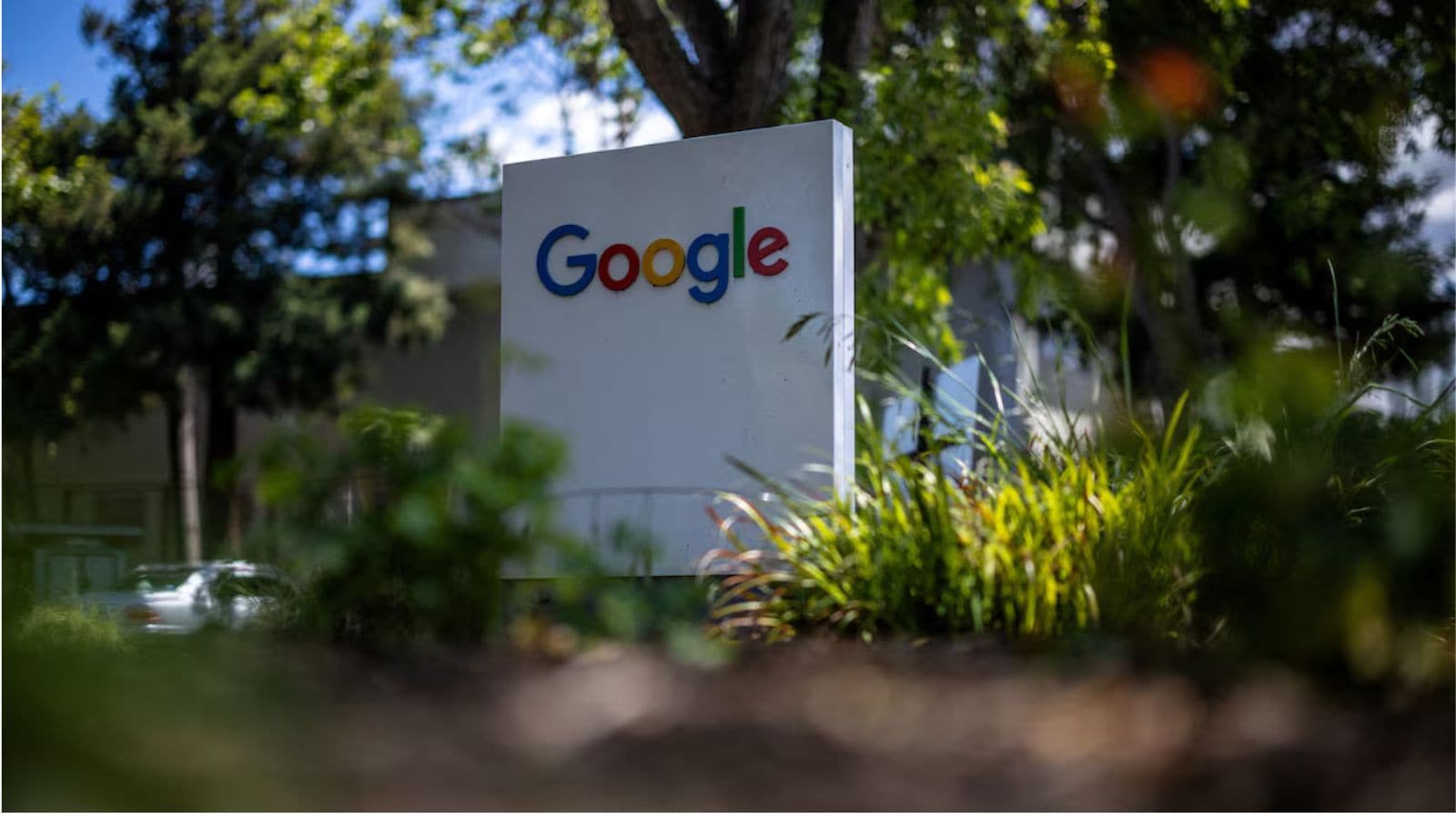
Google Faces $3.45B EU Fine for Adtech Dominance
Google has recently been hit with a staggering fine of $3.45 billion by the European Union (EU) for anti-competitive practices in its advertising technology (adtech) business. This decision marks the fourth penalty the tech giant has faced in its ongoing battle with European regulators, highlighting significant concerns about digital market fairness.
The EU's decision was triggered by complaints from the European Publishers Council, which argued that Google favored its own ad services, thus undermining competition. This has raised eyebrows, especially amidst rising trade tensions between the U.S. and Europe, with U.S. officials, including former President Trump, threatening retaliation against the EU's scrutiny of American tech firms.
In a statement, EU officials emphasized that Google's practices have harmed rivals and online publishers since 2014. The Commission has ordered Google to stop these self-preferencing practices and address its inherent conflicts of interest. The company has a 60-day window to inform the EU about how it plans to comply with this order.
Google has announced its intention to appeal the fine, claiming that the Commission's decision is unjustified and detrimental to thousands of European businesses. The company argues that there are numerous alternatives to its ad services and insists that it does not engage in anti-competitive behavior.
Despite Google's appeal, the EU has warned of stronger remedies if the tech giant fails to comply. This could include potential divestitures, which have been a point of contention in discussions about regulating digital monopolies. The EU's strong stance reflects growing frustration with the dominance of major tech players in the digital landscape.
As the world watches, this case serves as a critical reminder of the challenges faced by regulators in ensuring fair competition in the digital age. With Google holding a significant share of the global digital advertising market, the implications of this fine could be far-reaching, potentially affecting how tech giants operate in Europe and beyond.
In conclusion, the EU's actions against Google may be a pivotal moment in the ongoing struggle for fair digital markets. As the tech industry evolves, the balance between innovation and regulation will continue to be a hotly debated topic, not just in Europe but around the world.









